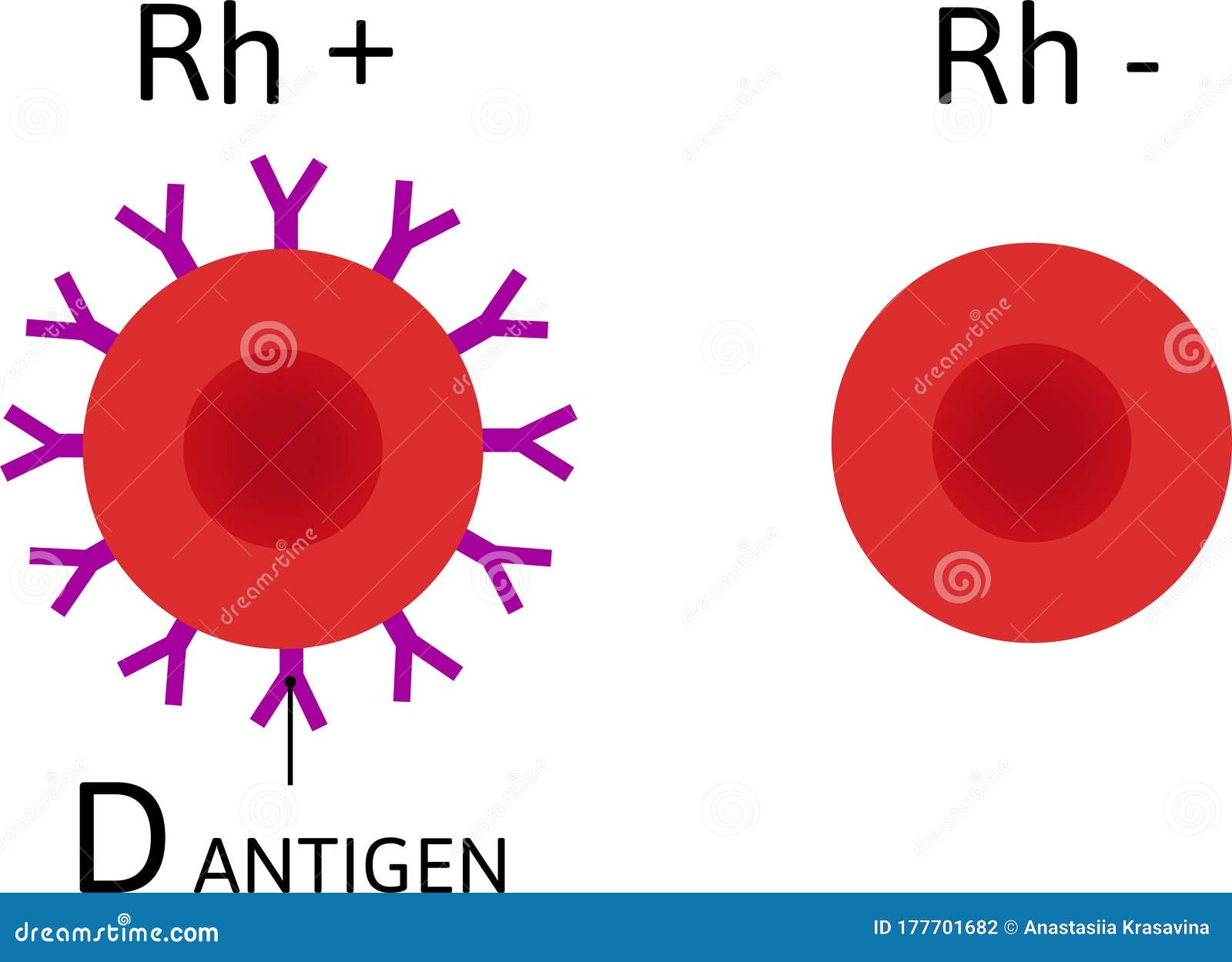Transfusion between blood groups can be dangerous, hence it is of great important knowing your blood type as a donor or even as a recipient, this can be life saving.
The 4 blood groups
Blood is made up of red blood cells, white blood cells and platelets and it also contains antigens. Antigens are proteins or sugars which cover the surface of the red blood cells and some of these antigens lets you know which blood group you belong to.
There are four ABO blood groups: A, B, AB and O.
Blood group A means you have the A antigen, blood group B means you have the B antigen. Blood group AB means you have both the A and B antigens present on the surface, but blood group O does not have any antigen present.
People that have the D antigen on their red blood cells are RhD positive, while those people that don’t have the D antigen are Rh D negative. The positive and negative suffix on blood types, such as A+ and B- refers to your Rh D type, also known as your Rhesus D type. You do not get to determine your blood group but rather this is done at birth, transferred to you from birth parents, hence this is hereditary.

The importance of blood grouping in case of an emergency
It is very important when it comes to having a blood transfusion that the right blood type is giving to the right person. If blood is given to a patient that has a blood type that is not compatible with the blood type of the blood that the patient receives, it can cause clumping in the patient’s blood which can be deadly.
